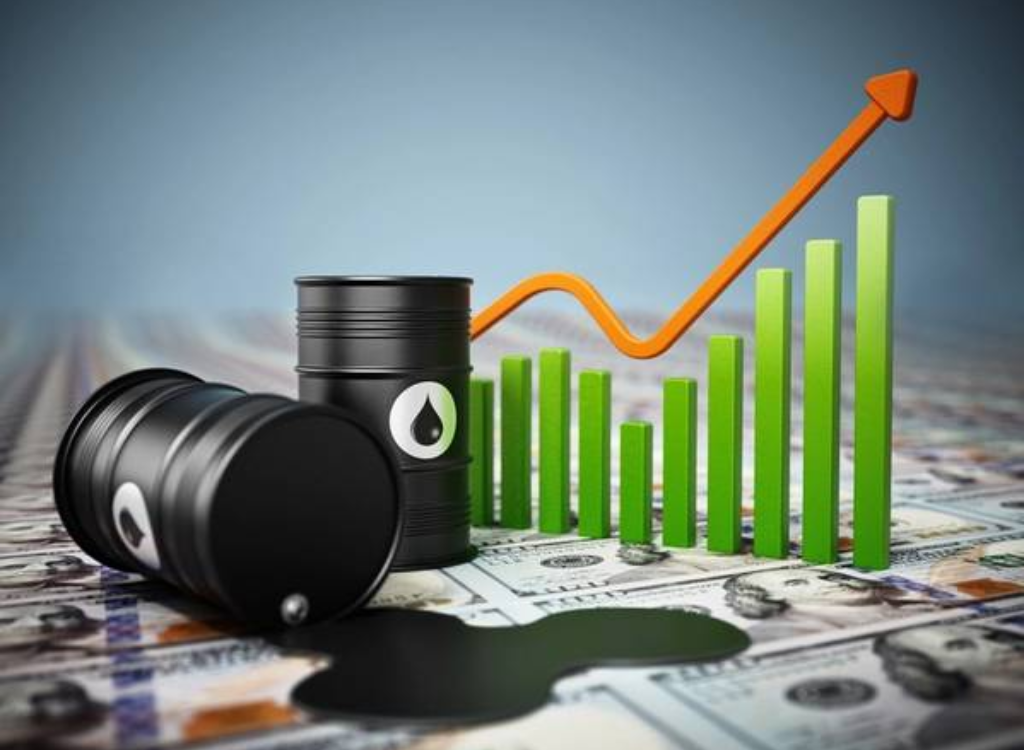Global oil prices have jumped after Israel said it had struck Iran, in a dramatic escalation of tensions in the Middle East.
The prices of Brent and Nymex light sweet crude were up by more than 10% shortly after the news emerged, hitting their highest levels since January.
Traders are concerned that a conflict between Iran and Israel could disrupt supplies coming from the energy-rich region.
The cost of crude oil affects everything from the price of food at the supermarket to how much it costs to fill up your car.
By lunchtime in Asian trade, prices had eased a little to stand around 7.5% higher. Brent crude was $74.50 a barrel, while Nymex was at $73.20.
At the same time, so-called “safe haven” assets such as gold and the Swiss franc also made gains.
Some investors see these assets as more reliable investments in times of uncertainty.
Later on Friday, Israel Defense Forces (IDF) said Iran had launched around 100 drones towards the country.
Analysts have told the BBC that energy traders will now be watching how much the conflict worsens in the coming days.
“It’s an explosive situation, albeit one that could be defused quickly as we saw in April and October last year, when Israel and Iran struck each other directly,” Vandana Hari of Vanda Insights told the BBC.
“It could also spiral out into a bigger war that disrupts Mideast oil supply,” she added.
In an extreme scenario, Iran could disrupt supplies of millions of barrels of oil a day if it targets infrastructure or shipping in the Strait of Hormuz.
The strait is one of the world’s most important shipping routes, with about a fifth of the world’s oil passing through it.
At any one time, there are several dozen tankers on their way to the Strait of Hormuz, or leaving it, as major oil and gas producers in the Middle East and their customers transport energy from the region.
Bounded to the north by Iran and to the south by Oman and the United Arab Emirates (UAE), the Strait of Hormuz connects the Gulf with the Arabian Sea.
“What we see now is very initial risk-on reaction. But over the next day or two, the market will need to factor in where this could escalate to,” Saul Kavonic, head of energy research at MST Financial said.
(BBC)











Leave a comment